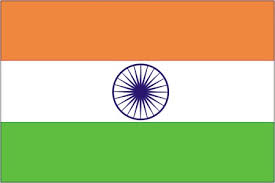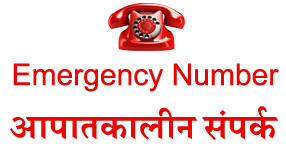Introduction
India and the United Nations
The United Nations, since its birth in 1945, has proved to be a unique experiment for the world community of nations. Born as an “embodiment of the will of the peoples of the world’, the United Nations has served as a repository of collective wisdom and a forum for joint action for each of its Member States, in their search for a better, safer, healthier and a more prosperous existence.
As a founder member of the United Nations, India has been a firm supporter of the Purposes and Principles of the United Nations, and has made significant contributions to the furtherance and implementation of these noble aims, and to the evolution and functioning of its various specialized programmes. It stood at the forefront during the UN’s tumultuous years of struggle against colonialism and apartheid, its struggle towards global disarmament and the ending of the arms race, and towards the creation of a more equitable international economic order. At the very first session of the UN, India had raised its voice against colonialism and apartheid, two issues which have been among the most significant of the UN’s successes in the last half century. India exulted in the UN’s triumph, and saw in the UN’s victory, a vindication of the policy relentlessly pursued by it from its initial days at the world forum.
Today, as we have entered the 21st century, new challenges are before us. Freed from the shackles of the Cold War, the UN stands poised to grapple with the changes which the world has witnessed over the years. Today’s challenges, be they political, economic, social, environmental or demographic, are global, impinging on the affairs of all States and making the interdependence of peoples so much greater. If this demands a greater dependence on the UN as the only democratic, universal forum for the community of nations, it also demands a strengthening of the UN itself and its revitalization. The ongoing reform process is primarily aimed towards these ends. A revitalized and strengthened United Nations and a more representative Security Council will enable this unique organisation to face the challenges of the 21st century more effectively.
With the upsurge in conflicts in the post cold-war period, there has been a significant expansion of U.N.’s peacekeeping activities and peacekeeping has emerged as one of the most important aspects of U.N.’s activities. India views peacekeeping in the traditional sense of the term as comprising an effort to assist in stabilising a conflict situation and facilitating a return to peace and security, with the consent of the States/Parties concerned, preferably within a finite, well defined timeframe and clear and achievable mandate. To read more about India’s role in UN Peacekeeping, please click here.
As the United Nations strives to find solutions to these issues, India pledges to work, with abiding faith and hope, towards UN’s success, and to assume greater responsibilities that the world community expects from it.
To know more about India and the UN, please access the official website of the Permanent Mission of India to the United Nations ![]() .
.















